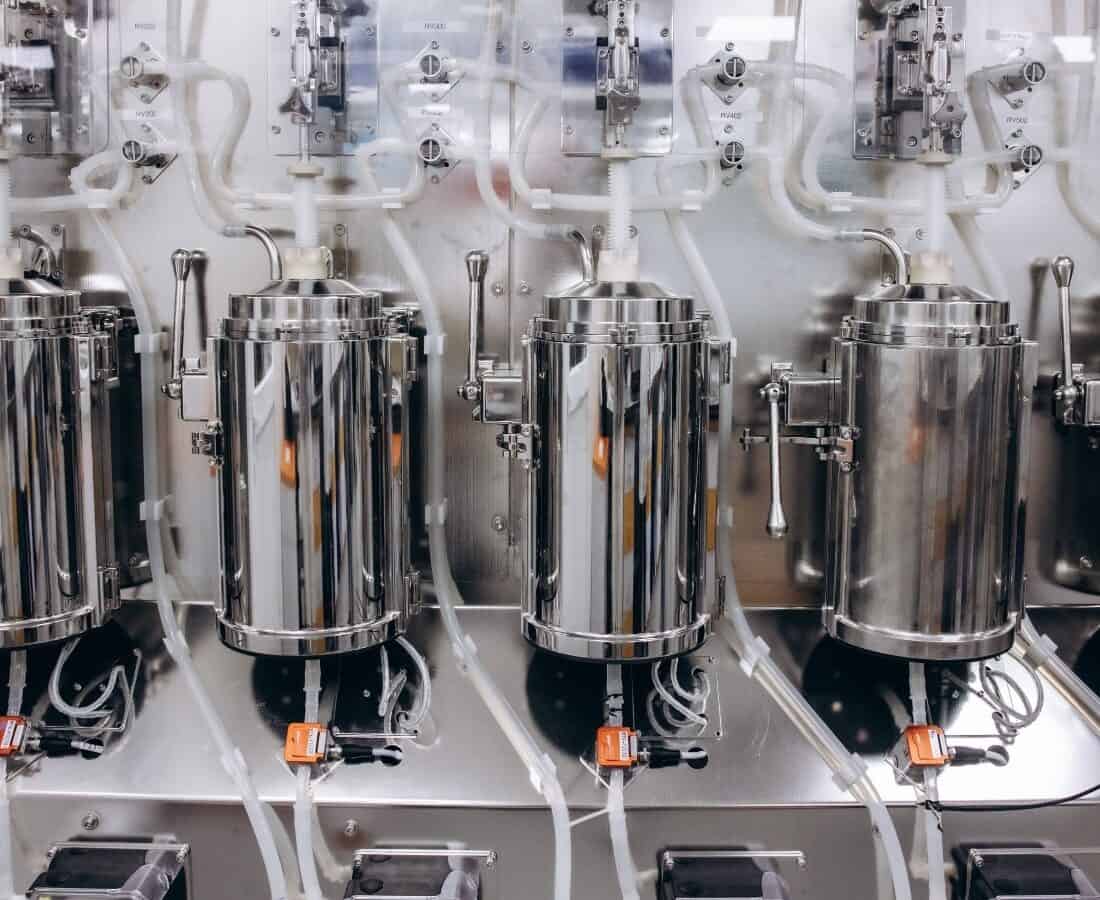Haifa-based biotech company Pluri recently signed a $4.2 million contract with the US National Institute of Allergy and Infectious Diseases (NIAID) to develop its cell therapy for a deadly form of radiation poisoning.
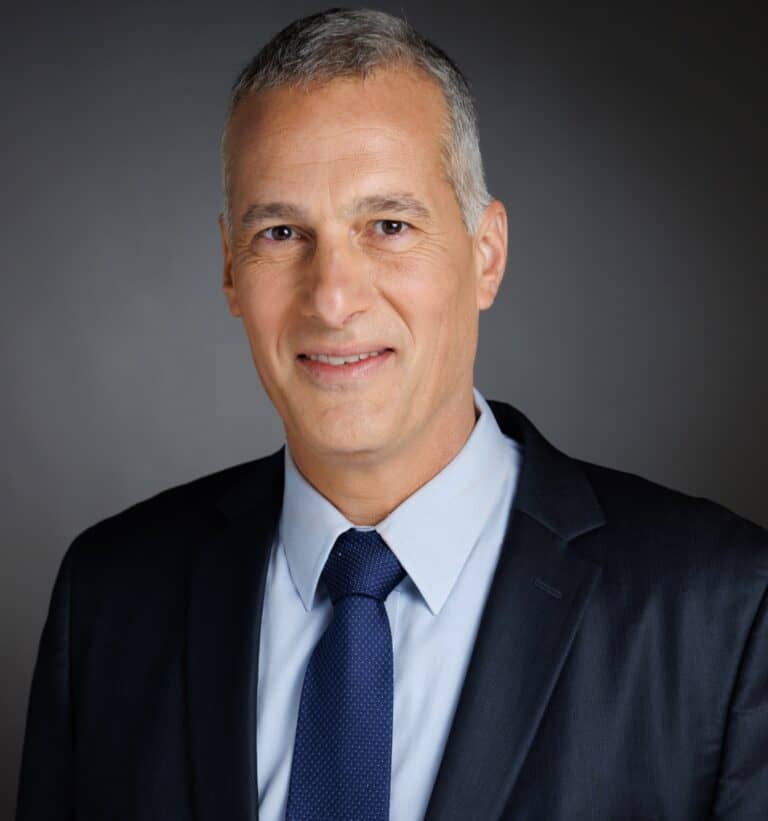
This is the same Pluri that last year co-created Ever After Foods with Israeli food giant Tnuva, aiming to overcome a major technological hurdle in the scalability and affordability of cultivated meat.
Treating diseases and commercializing cultivated meat don’t seem like related endeavors. But as Pluri CEO Yaky Yanay explains: “The story starts with cells, the building blocks of life.”
Healing and regeneration
Many cell types cooperate in the healing process, Yanay tells ISRAEL21c.
Pluri (formerly Pluristem) was founded in 2003 to propose a new model of treating diseases: a cell-based pharmaceutical that could trigger the body’s own regeneration capabilities.
The first target was improving the success of bone-marrow transplantations with hematopoietic stem cells from umbilical cord blood.
For the first 15 years, Pluristem worked with placental cells because “the placenta is a remarkable organ for healing and generation,” says Yanay.
“To make a widely available product, we need new technology that mimics that environment, allowing us to manufacture large numbers of cells that communicate with the body – just as the mother’s cells communicate with the baby through the placenta –and read signals that tell it to secrete proteins that lead to healing and regeneration.”
The pivot
About two years ago, when this platform was safely protected by 140 patents, Yanay had an “aha” moment.
“I realized that our very scalable technology didn’t have to be limited to the expression of placenta cells,” he tells ISRAEL21c.
Yanya asked CTO Lior Raviv to check different types of human, animal and even plant cells, “and we saw that our platform is applicable for many cell types.”
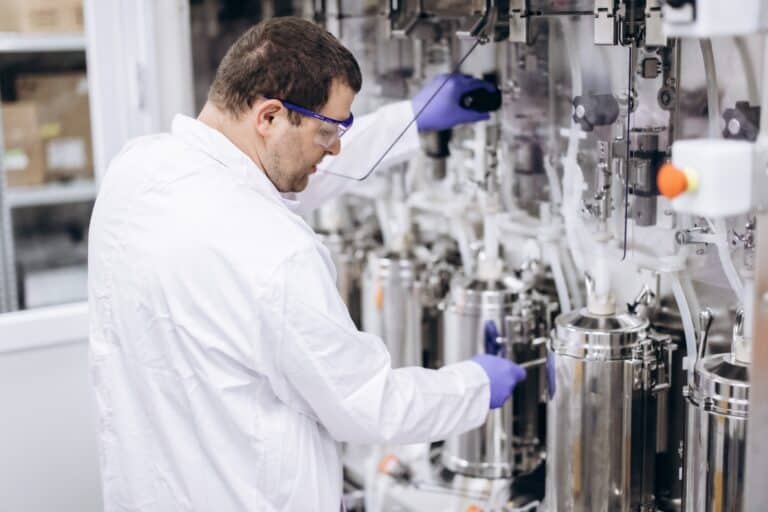
Suddenly, the possibilities were infinite. Pluristem became Pluri, a cell-based technology company that partners with industries that can benefit from this technology.
“The first one we decided to move forward on was food tech, helping to bring a sustainable protein alternative to the world’s rapidly growing population,” said Yanay.
The collaboration with Tnuva (which is owned by Bright Foods, the second-largest food producer in China) has yielded a proof of concept that Yanay and Raviv say could accelerate cultivated meat reaching the market.
Ever After Foods
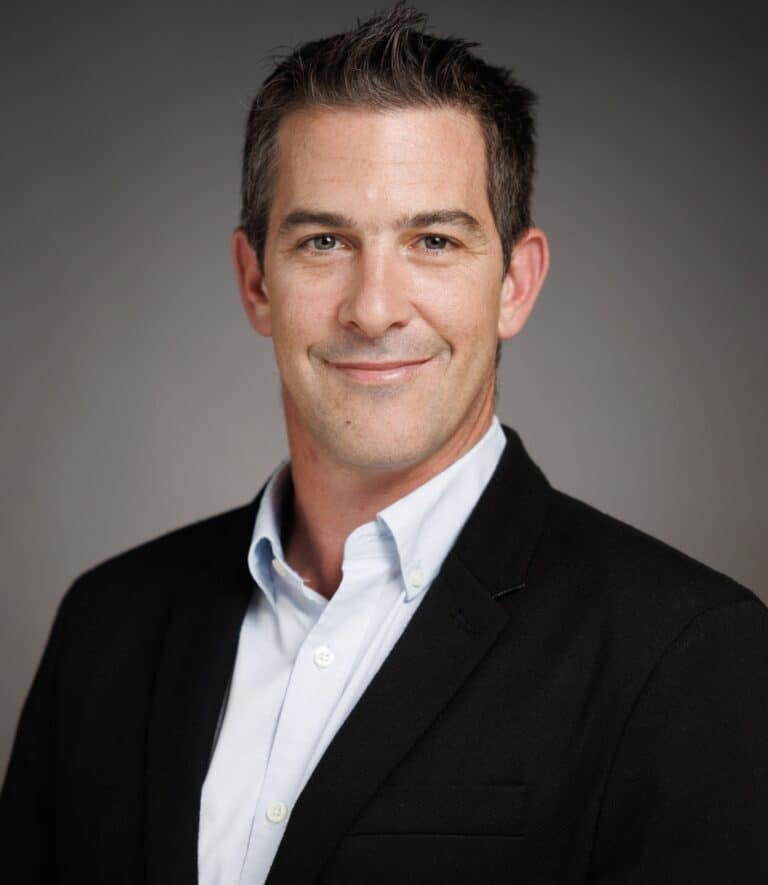
Raviv, a biomedical engineer and pharmacologist, explains that most startups in this space culture animal cells inside a tank bioreactor that’s more like a beermaking system than a living body. That is, the cells grow in suspension rather than on tissue as they do naturally.
“In a suspension-based bioreactor, the cells need to adapt to a new environment. What we gave Ever After is a platform on which cells can grow in a controlled and efficient manner the way they are used to – on a very condensed tissue-like structure,” says Raviv.
The cells latch onto a fiber scaffold and start secreting proteins, creating tissue that can then be scaled up in Pluri’s modular Matrix bioreactor.
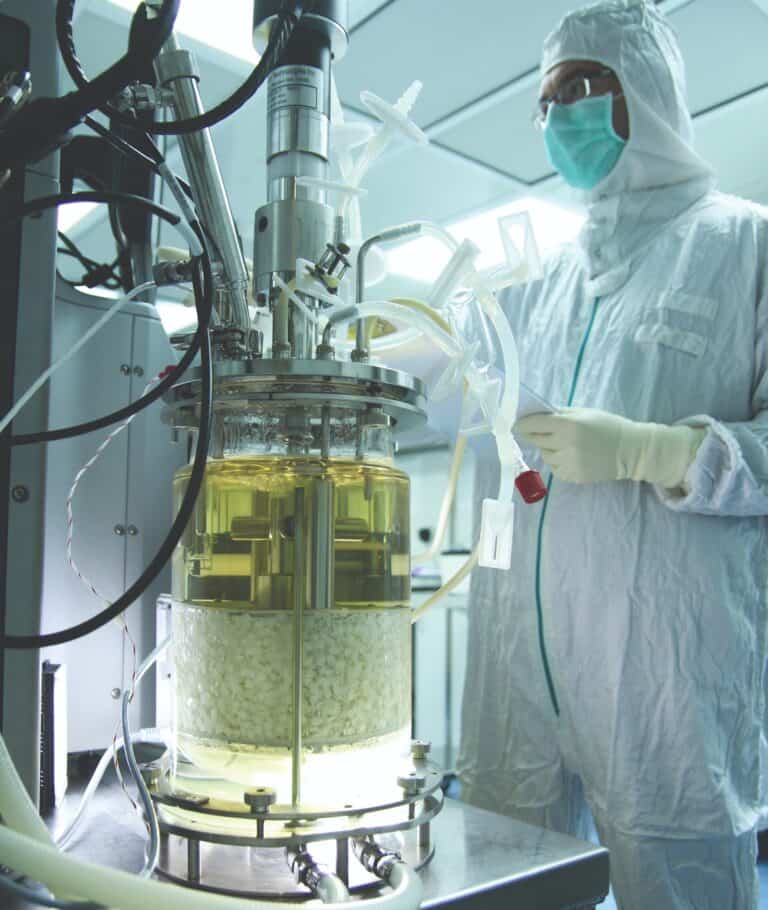
Inside this closed system, parameters such as pH, temperature and oxygen levels are controlled throughout the growth cycle. Conditions can be adapted to any type of meat being cultured – beef, fish, poultry, lamb – and the cells can be differentiated as desired into muscle and fat cells, says Raviv.
Ultimately, he reminds us, cultured meat companies will fail or succeed based on their ability to produce enough alternative protein for the market.
“Our system is 20 times more efficient in surface to volume ratio,” adds Yanay. “The number of cells we can get from 10- or 15-liter bioreactors is equivalent to what other companies are getting from 300-liter bioreactors. That’s a huge difference in capacity.”
Radiation sickness
Hematopoietic Acute Radiation Syndrome (H-ARS), or radiation poisoning, is caused by exposure to life-threatening amounts of ionizing radiation during nuclear accidents, terrorist activities or warfare – a global concern in the face of geopolitical instability.
Under the recently signed NIAID contract, Pluri will collaborate with Prof. Vijay K. Singh of the US Department of Defense’s Armed Forces Radiobiology Research Institute to further develop Pluri’s PLX-R18 cell therapy as a potential novel treatment for H-ARS.
If the US Food and Drug Administration (FDA) clears this application of PLX-R18, it will be included in the US Strategic National Stockpile.
Prior studies demonstrated that PLX-R18 administered to lab animals with H-ARS increased survival rates from 29% in the control group to 97% in the treated group.
US Department of Defense studies showed that administering PLX-R18 24 hours before radiation exposure and again 72 hours after exposure, boosted survival rates from 4% in the placebo group to 74% in the treated group.
Additionally, PLX-R18 was tested in humans and was well tolerated with a favorable safety profile.
“PLX-R18’s potential as a medical countermeasure for H-ARS is supported by robust human and animal data, making it a unique asset for further investigation,” said Singh. “I’m eager to commence our collaborative study with Pluri and have high expectations for results.”
Another partner, described by Yanay as “the largest clinical center in Europe,” is investing $7.5 million into developing Pluri PLX cells into a therapeutic product for knee osteoarthritis.
Pluri and its Ever After Foods subsidiary employ just 150 people, yet Yanay’s ambition is to “build many activities around our technology platform, each with its own marketing partner, management and funding.”
For more information, click here.




